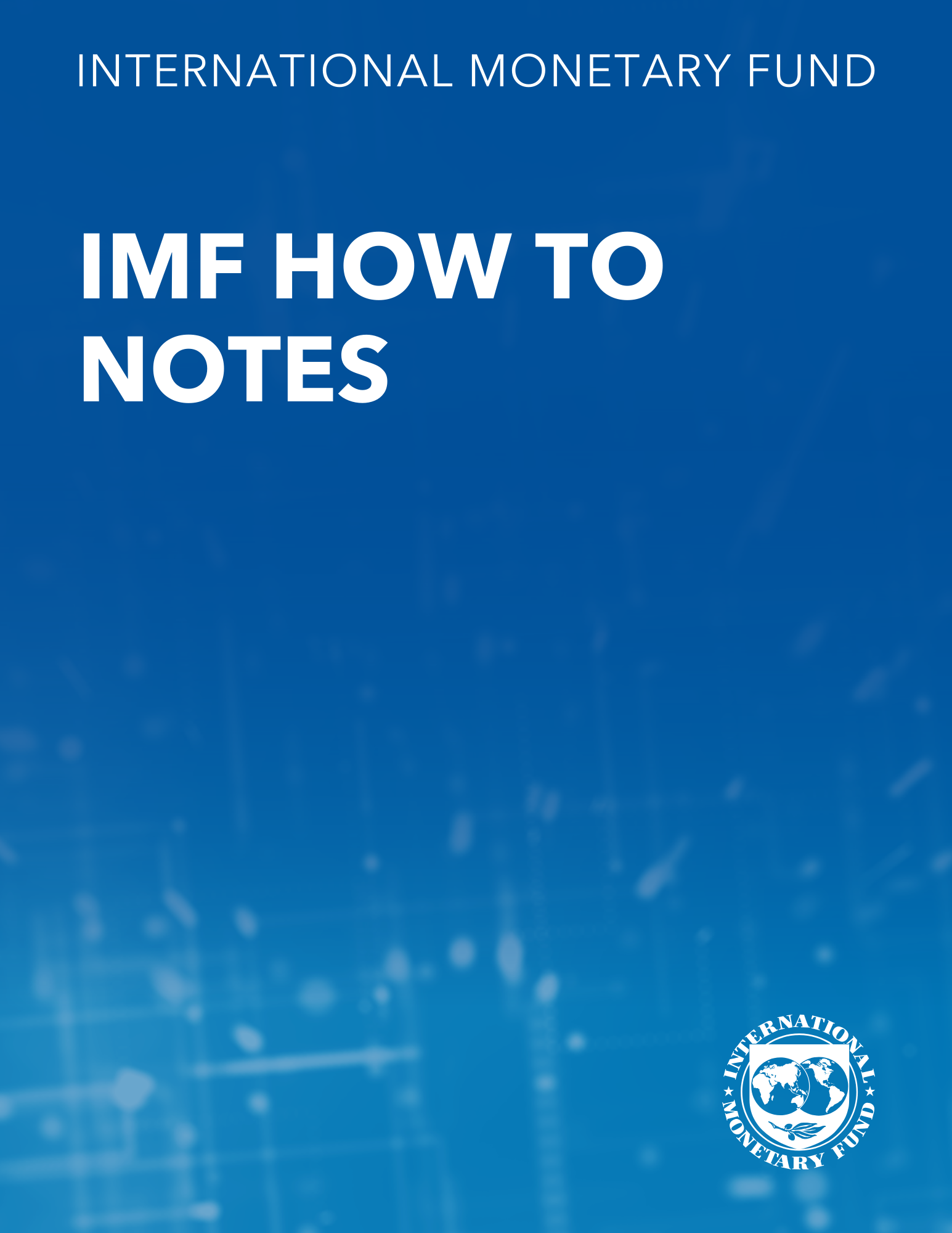Predictive Density Aggregation: A Model for Global GDP Growth
May 29, 2020
Disclaimer: IMF Working Papers describe research in progress by the author(s) and are published to elicit comments and to encourage debate. The views expressed in IMF Working Papers are those of the author(s) and do not necessarily represent the views of the IMF, its Executive Board, or IMF management.
Summary
Subject: Financial crises, Global financial crisis of 2008-2009, Personal income tax, Taxes
Keywords: Density aggregation, density evaluation, GDP growth, Global, Global financial crisis of 2008-2009, global GDP growth, growth density, growth outcome, growth slowdown, large economy, math display, Personal income tax, predictive density, variance estimator, world GDP, WP
Pages:
33
Volume:
2020
DOI:
Issue:
078
Series:
Working Paper No. 2020/078
Stock No:
WPIEA2020078
ISBN:
9781513545653
ISSN:
1018-5941






